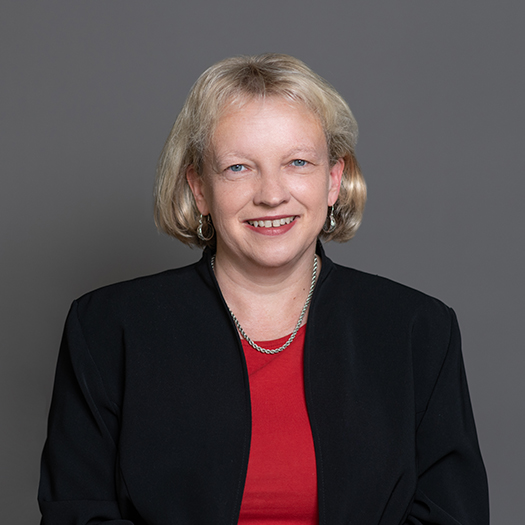Community Innovation Survey 2006: Applying the 3rd Edition of the Oslo Manual (2005) to CIS - An Exploratory Study
Community Innovation Survey 2006: Applying the 3rd Edition of the Oslo Manual (2005) to CIS - An Exploratory Study
The aim of this project is to apply new concepts of innovation - notably marketing and organisational innovation - to the Community Innovation Surveys (CIS) methodology to test whether these new concepts are applicable to large scale firm questionnaires covering a broad range of sectors. Starting point of the study is the 3rd edition of the Oslo Manual, i.e the OECD and Eurostats guidelines for collecting and interpreting innovation data. In this new edition, published in August 2005, the definition of innovation in firms has been expanded to include organisational and marketing innovations (non-technological innovations). The project aims to gain insight into the relationship between various aspects of non-technological innovations and their counterparts for technological innovations (product and process innovation), and an assessment of the impact of the inclusion of non-technological innovations on the innovation indictors, e.g. the share of innovative firms. In order to reach these goals, questions on non-technological innovations will have to be included in a separate section in the questionnaire instead of being mixed with the questions on technological innovations. This allows for identifying separate effects of technological and non-technological innovations on the share of innovating firms, the innovation expenditure or the structure of effects and obstacles.
The 3rd edition of the Oslo Manual published by Eurostat and the OECD expands the definition of innovation to two new concepts, i.e. marketing and organisational innovations:
- A marketing innovation is the implementation of a new marketing method involving significant changes in product design or packaging, product placement, product promotion or pricing.(§172)
- An organisational innovation is the implementation of a new organisational method in the firms business practices, workplace organisation or external relations.(§180)
In order to develop a solid basis for covering non-technological innovations in future innovation surveys questions based on these definitions need to be developed and thoroughly tested. A first step in this direction was made with the Fourth Community Innovation Survey (CIS IV) conducted in 2005 already. The CIS IV contained some questions on non-technological innovations in the fields of marketing and business organisation, though the definitions used there deviate from those finally agreed upon in the 3rd edition of the Oslo Manual, and no attempt was made to explicitly link the new concepts with the established concepts of product and process innovation.
In order to gain more insight into the practicability of the new concepts of innovation, a pilot module on marketing and organisational innovation will be included to the German innovation survey conducted in 2007, with 2006 as reference year. In this German CIS 2006, particular attention will be given to:
- the relationship between marketing and organisational innovations and product and process innovations
- the relationship between innovation activities and the new types of innovation, e.g. marketing activities for product innovations vs. marketing innovations
- the relationship between innovation expenditure for technological innovations and innovation expenditure for the two non-technological types of innovation
- the relationship between effects of product and process innovations and those of non-technological innovations
- the relationship between obstacles for product and process innovations and obstacles to organisational and marketing innovations.
The basic design of the questions on marketing and organisational innovation will be based on proposals made by Eurostat. The experience gained through the CIS IV modules on non-technological innovations is also a valuable input.


